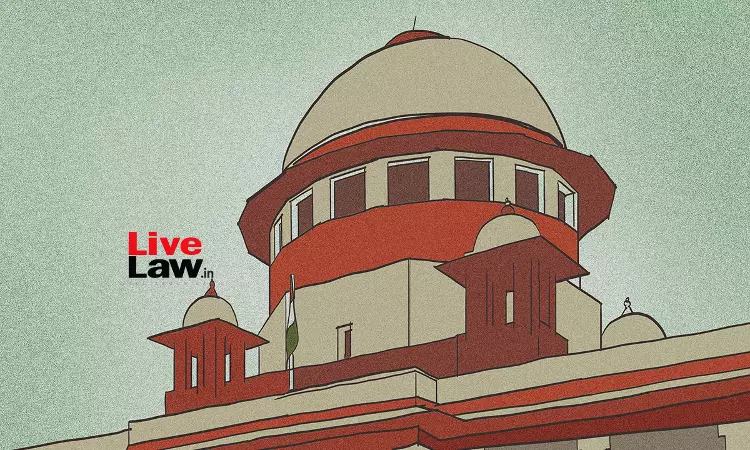A Person Cannot Be Deemed To Be In Service When First Dismissal Order Is In Force: Supreme Court
Anurag Tiwary
17 Jan 2023 7:34 PM IST

Next Story
17 Jan 2023 7:34 PM IST
The Supreme Court Bench comprising Justices Krishna Murari and Bela M Trivedi has held that when the first dismissal order against a person in service is in force, irrespective of all pending litigations or his age of superannuation, he cannot be deemed to be continuing in service. Factual background of the Civil Appeal including its Judicial HistoryThe brief facts of the appeal goes that...
